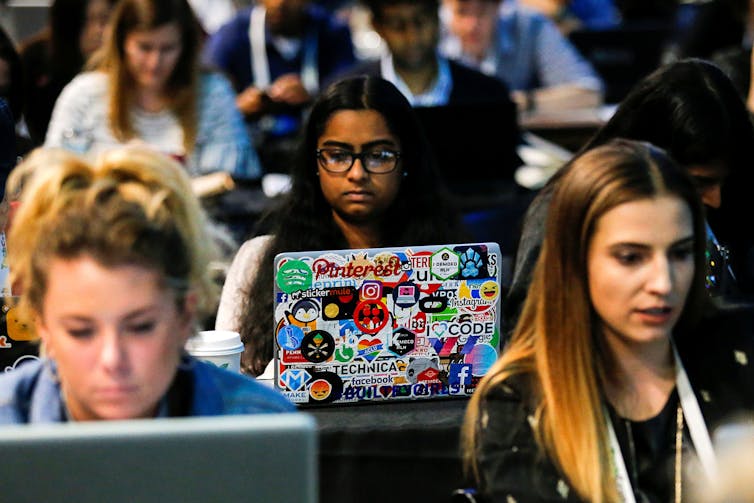By Alessia Contu.
“We hardly get a chance to talk about race in class. So the discussion we just had on racial colour blindness was refreshing,” a management student recently remarked to me.
She was spot on.
Business schools don’t offer many opportunities for addressing and re-dressing race, diversity and inequities. Diversity tends to be “mere decoration” while the focus stays on the “bottom line”.




